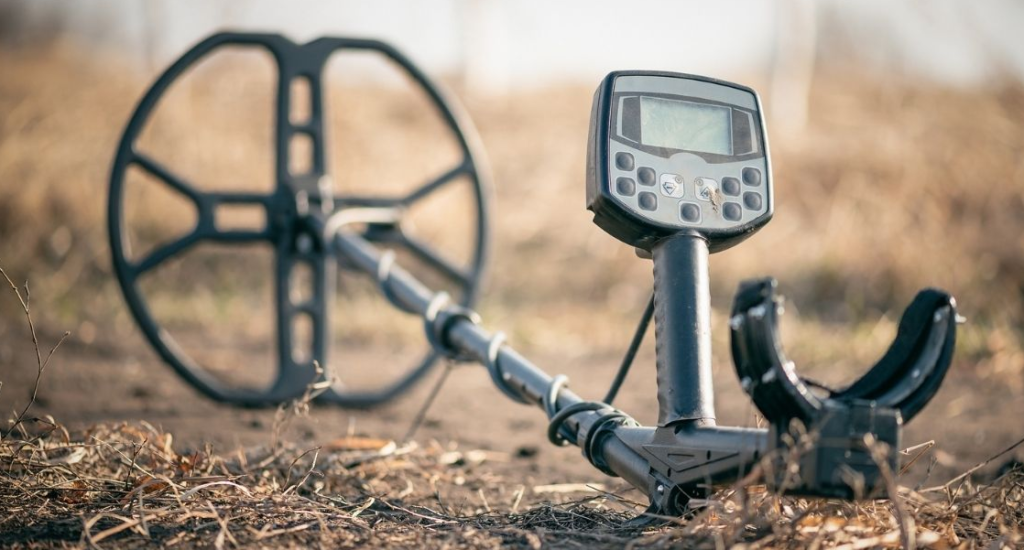
From the term metal detector, it is normal to assume that this device can detect any form of metal. On the contrary, a metal detector can only detect some of the metals in the periodic table.
One of the metals that a metal detector can detect is aluminum. You can achieve this if you adjust the settings of a metal detector. Read on to find more details regarding how metal detectors work.
A metal detector is designed to detect different forms of metals. These include non-ferrous metals, stainless steel, and ferrous metals.
Every metal that falls in the mentioned categories is different in regards to its composition. Most metals are found in jewelry, antiques, and coins. Let us look at each category separately.
Stainless Steel
Since this form of metal has minimal conductivity, most metal detectors find it hard to detect stainless steel. Metal detectors have different sensitivity levels.
A more sensitive one will not struggle to detect stainless steel. Some of the products that are made from this metal include kitchenware, car parts as well as tools.
Ferrous metals
Most of the items that are crafted using cast iron contain ferrous metals. Any metal detector can detect ferrous metals due to their high magnetic threshold.
These metals have high conductivity. It means that you don’t have to adjust the settings of a metal detector for you to detect ferrous metals. The problem with most ferrous metals is that they are not worth much money.
Non-ferrous metals
Valuable metals fall under this category. Some of them include silver, zinc, brass, and gold. Aluminum is also an example of a non-ferrous metal. Since these metals lack magnetic properties, they need particular settings for a metal detector to detect them.
How metal detectors detect Aluminum
For you to track down aluminum, you have to change the sensors of your detector. You can do this through the pre-set modes of your metal detector.
Alternatively, go through the sensitivity ad conductivity settings of your machine. Not every meal detector comes with customization features.
If you cannot change the settings of your device, you should try searching for relics. Most of the metal detectors have at least three settings that you can utilize when searching for different forms of metal.
Ensure you use the individual modes for you to sort the type of metal you are trying to find. You may have heard some rumors regarding aluminum hindering metal detectors from scanning surrounding areas.
Though this is a myth that has existed for years, aluminum cannot block sensors unless it is incredibly thick. You can, therefore, make use of your metal detector without such concerns.
When you use a metal detector that is designed to detect non-ferrous metals, you may experience specific problems. For instance, you may find more aluminum during your hunt compared to other metals.
This is because most of the items such as kitchenware and can contain aluminum components in them. Since aluminum comes in different forms and shapes, it may prevent you from finding rare objects with ease.
If you are a serious treasure finder, you can avoid finding worthless scraps by investing in a metal detector that features some upgrades.
This can sort bigger objects from small ones, thus saving you from such frustrations. If your objective is to detect aluminum, you need to choose the right type of metal detector.
I recommend the airport metal detectors due to their high detection abilities. This brand is specifically designed to detect non-ferrous metals. Since they also come in small sizes, you can use them both outdoors and indoors.


